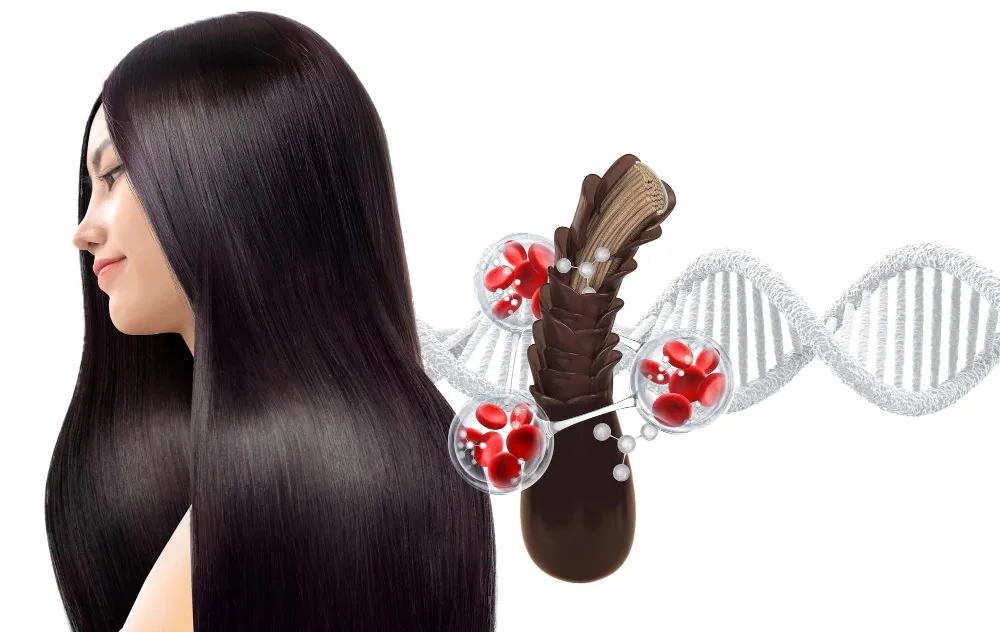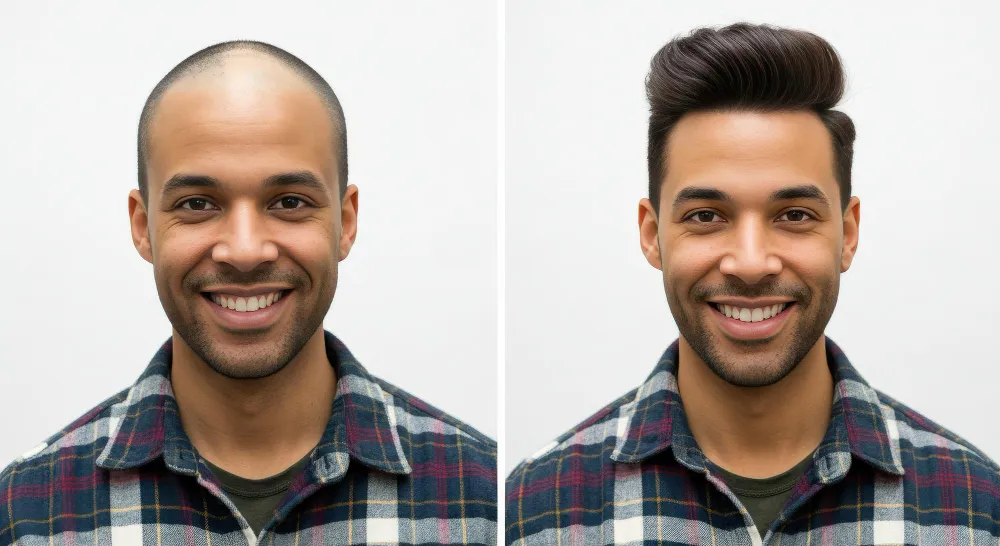Blogs

Numerous studies indicate smoking has a detrimental effect on hair health due to two elements: reduced blood flow to the scalp and oxidative stress. Smoking can lead to hair thinning, loss, and exacerbate underlying conditions such as androgenetic alopecia.
Reduced Blood Flow to the Scalp
The chemicals present in tobacco can result in blood vessels in the scalp narrowing, meaning hair follicles are deprived of the oxygen and nutrients needed for healthy growth. As a result, this can lead to hair thinning and loss.

Oxidative Stress and Free Radicals
Toxic chemicals found in cigarette smoke raise free radicals in the body, causing damage to cells and DNA. This results in damaged hair follicles and prematurely ages the scalp, which can lead to unhealthy hair growth.
How Smoking Exacerbates Androgenetic Alopecia
Androgenetic alopecia (hereditary hair loss) can present initially as hair thinning, often with a receding hairline forming an "M" shape. Smoking can worsen this condition by further restricting blood flow and contributing to oxidative damage in the scalp.

Smoking’s Impact on Hormones
The chemicals in cigarettes can impact the endocrine system, including the thyroid, adrenal, and pituitary hormones. Both active and passive smoking are linked to decreased levels of TSH (thyroid-stimulating hormone), which can impair hair growth and development.
Signs Smoking is Impacting Your Hair Health
If you're a heavy smoker, look out for these signs that smoking may be affecting your hairline:
- Formation of a receding hairline
- Appearance of a bald spot at the back of the head
- Development of a hair crown at the lower back of the head and temples
Hair Loss from Androgenic Alopecia
Hair loss caused by androgenic alopecia is due to the gradual shrinking and thinning of hair follicles in susceptible areas. Over time, these follicles stop producing new hair, and the existing hair falls out. Smoking can accelerate this process by further harming the follicles.
Protect Your Hair
The best way to protect your hair from smoking-related damage is to quit smoking. If you're concerned about the impact smoking has had on your hair health, it's essential to consult with a dermatologist for personalized guidance and treatment options.
Book Your Consultation